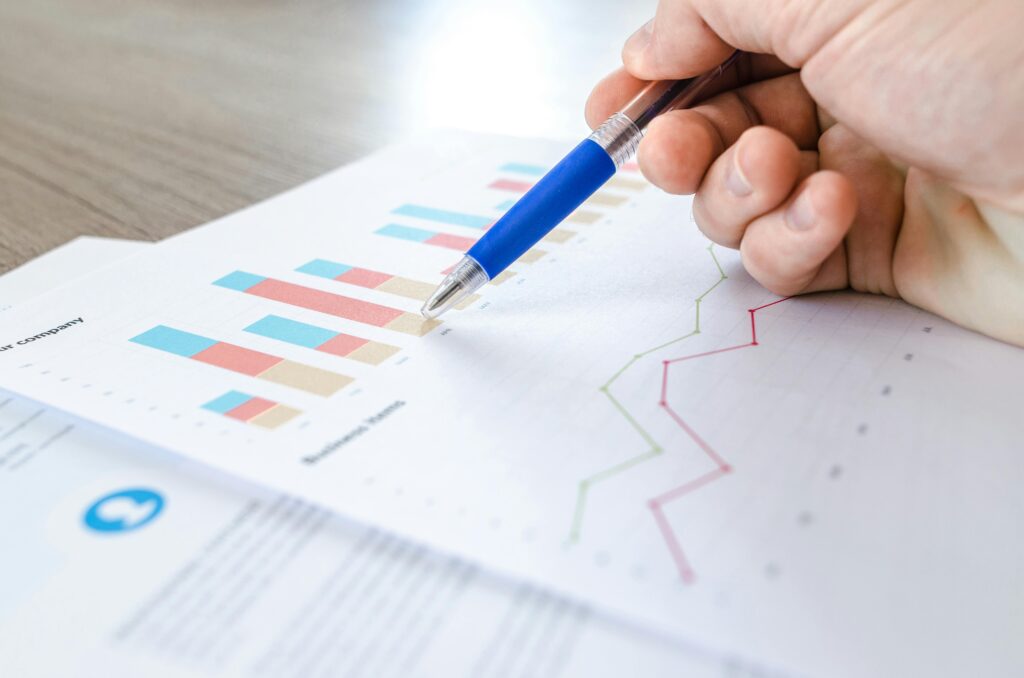Last month it was revealed that the UK Biobank (based on 500,000 volunteers) has released some of the data to Chinese researchers. Let us be clear, these are volunteers, and they agreed to their anonymised lifestyle information, biological samples and physical measurements to be taken and used in medical research. People aged between 40 and 69 and between 2006 and 2010 voluntarily provided biological samples (like blood, urine, and saliva), underwent physical and cognitive assessments, and consented to long-term monitoring of their health. As well as completing detailed lifestyle questionnaires.
However, there are concerns that this information may be useful in espionage if the anonymisation can be undone.
The UK Biobank is a health research project that is a vast biomedical database investigating disease, genetics, and ageing. With health data from half a million participants, the UK Biobank is playing a vital role in transforming how we understand and treat illnesses.
The depth of the data was excellent as up to 2016, the UK Biobank had access to the primary care (GP) data of those volunteers.
The UK Biobank is available to all researchers around the world. It has borne good results, such as the development of eye scans as an early marker of Parkinson’s Disease or proteins that can identify those at high risk of certain diseases. In 2020 the UK Biobank data was instrumental in early research into COVID-19 susceptibility and severity.
UK Biobank has confirmed that it is a charity. Since 2016, the GP data sharing function stopped as a default and now UK Biobank must ask each volunteer’s practice for access to their primary care records and few have granted this.
Each research group that applies for UK Biobank data is carefully vetted and they follow government and MI5 advice and sanctions.
The research data is now only available via an online research environment in the cloud, and this is not able to be downloaded.
Genetic data from UK Biobank can lead to more precision in personalised medicine.
UK Biobank’s mission is to improve the prevention, diagnosis, and treatment of disease for future generations.
The breadth of data collected has expanded, including, whole-genome sequencing for all 500,000 participants, making it the world’s largest such dataset, an extensive body and brain imaging, including MRI and DEXA scans, data from wearable accelerometers to understand physical activity patterns and in-depth analysis of proteins and metabolites in blood and other samples.
The data is powerful. The sheer scale and comprehensive nature of the UK Biobank dataset allow researchers to explore the complex relationships between various factors and the development of a wide range of diseases, including cancer, heart disease, diabetes, dementia, and many others.
By studying this data, scientists can identify genetic risk factors pinpointing genes that may increase or decrease the likelihood of developing certain conditions, determining how diet, exercise, smoking, and alcohol consumption impact health, discover novel biomarkers, identifying early indicators of disease that could lead to earlier diagnosis and treatment, develop new prevention strategies, directing public health initiatives and personalised advice to reduce disease risk, and improve treatments by understanding the underlying mechanisms of disease, researchers can work towards more effective therapies.
The open access to the UK Biobank, offers global impact when approved researchers from around the globe, from academic institutions, charities, government bodies, or commercial companies, can apply to use the anonymised data for health-related research in the public interest. This collaborative approach fosters scientific innovation and accelerates discoveries that can benefit people worldwide.
The UK Biobank has already been instrumental in thousands of research projects leading to significant advancements in our understanding of health and disease. Studies using UK Biobank data have identified new genetic variants associated with increased risk of heart disease, revealed the impact of sedentary behaviour on the development of type 2 diabetes, improved our understanding of the early stages of neurodegenerative diseases, like Alzheimer’s Disease, and helped to identify factors that influence the severity of COVID-19.
The UK Biobank continues to evolve, with ongoing data collection and new enhancements being added. This dynamic resource promises to be a cornerstone of health research for decades to come, driving further breakthroughs and ultimately contributing to healthier lives for everyone.
The UK Biobank now needs to convince government that the anonymised data is secure, and volunteers cannot be identified. Then this brilliant dataset can be used for the improvement of our overall health and wellbeing.

